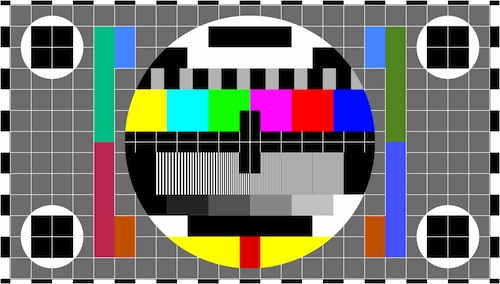
It’s official. Southern Africa will adopt the European standard for digital terrestrial broadcasting. In addition, the region has adopted the latest version of the standard, known as digital video broadcasting terrestrial version 2, or DVB-T2.
After months of uncertainty, a Southern African Development Community (SADC) special task team has settled the digital TV standards argument by choosing the upgraded European standard.
In a statement following a three-day meeting of the SADC committee responsible for reviewing the digital TV migration standard, committee chairman Joel Kaapanda said the best standard for the region is DVB-T2.
Kaapanda said the committee based its decisions on several factors, including the looming international deadline for digital migration of 2015.
The region’s migration to from analogue to digital broadcasts was thrown in disarray earlier this year when SA’s department of communications proposed a review.
SADC had adopted DVB-T in 2006 through a detailed plan and agreement signed in Geneva.
However this commitment was questioned when the communications department began entertaining lobbying from Brazil and Japan, both of which wanted Southern Africa to adopt a version of Japan’s integrated service digital broadcasting terrestrial (ISDB-T) standard.
Brazil has adopted and modified the Japanese standard.
The decision left local broadcasters confused and frustrated, since many of them were well into the migration using version one of the European standard.
After several mud-slinging sessions between representatives of both standards, the SADC region decided to put together a task team to make a decision as to which standard would be best.
Kaapanda said another reason SADC has recommended DVB-T2 is because other “standards are yet to be tested in terms of compliance with the Geneva agreement signed in 2006”.
As part of the outcomes, the SADC task team has recommended that all member states begin the adoption of DVB-T2 as soon as possible.
“However, those member states that have already started implementing DVB-T standard should proceed with its implementation but ultimately migrate to DVB-T2,” he said.
He said SADC countries hoping to implement any other standard must carefully consider doing it in compliance with the Geneva agreement, specifically since other standards may cause interference with the broadcasts of the DVB-T2 standard. – Candice Jones, TechCentral
- Subscribe to our free daily newsletter
- Follow us on Twitter or on Facebook

